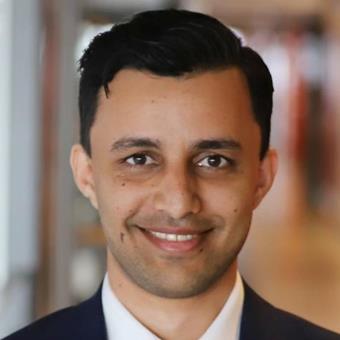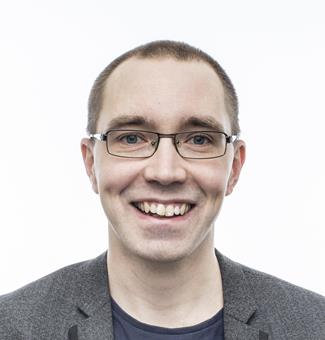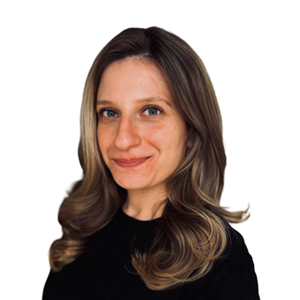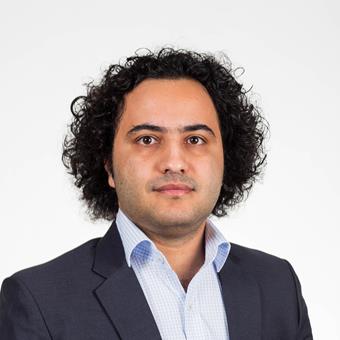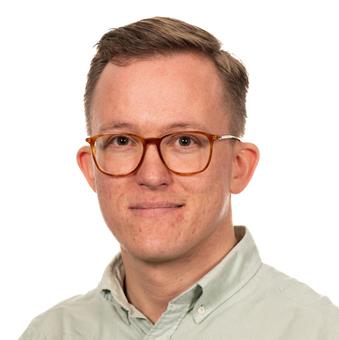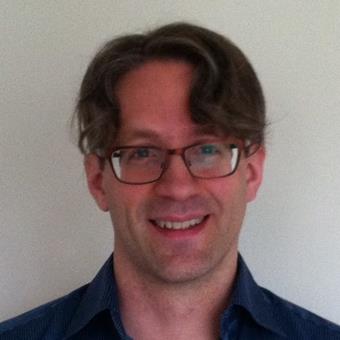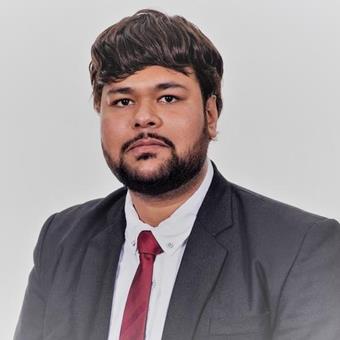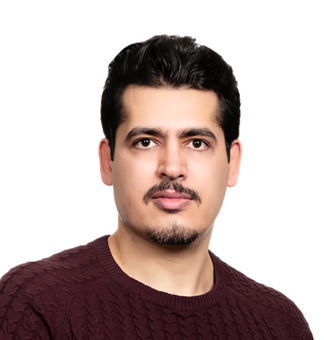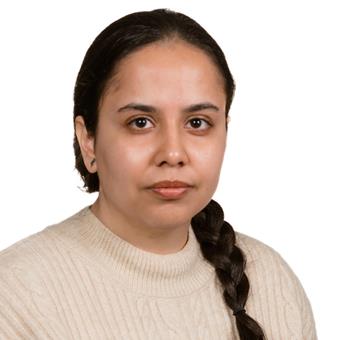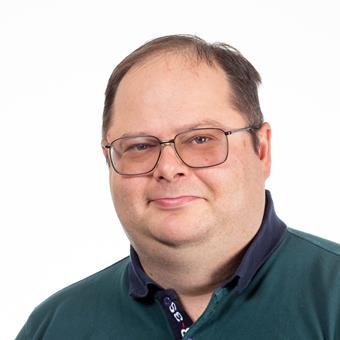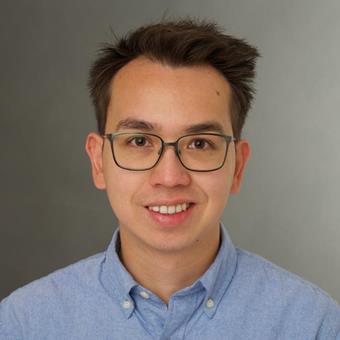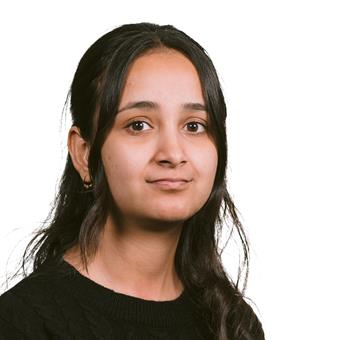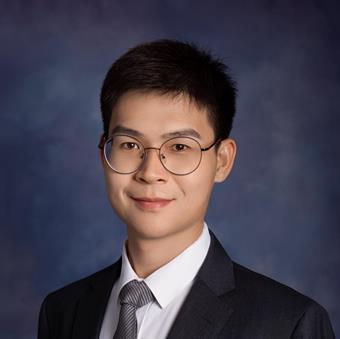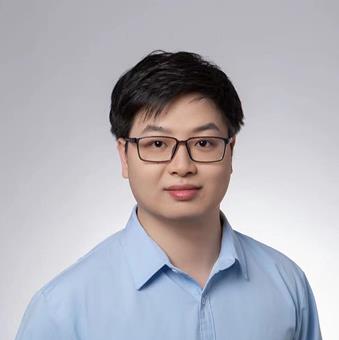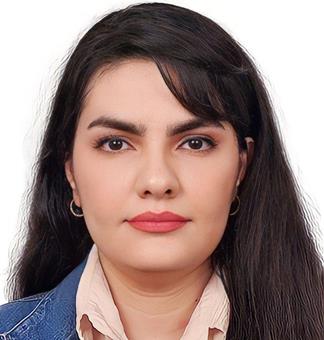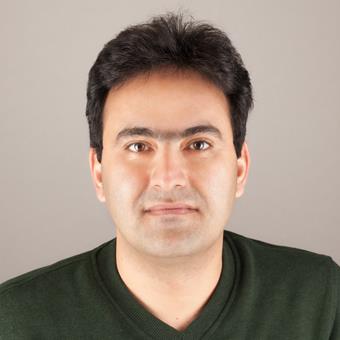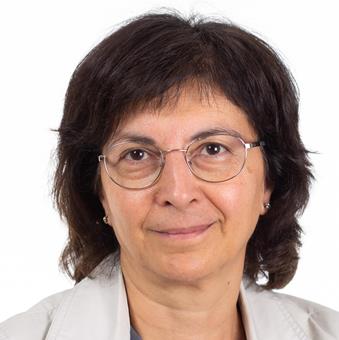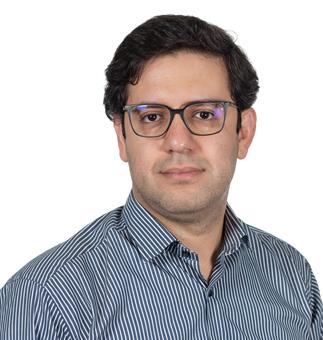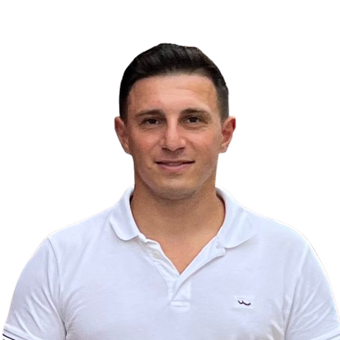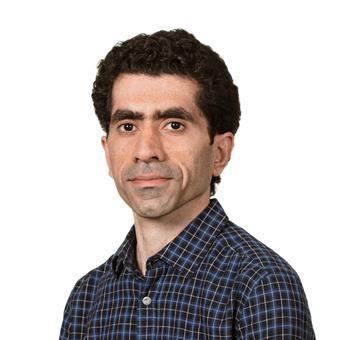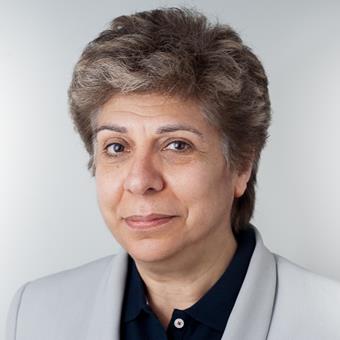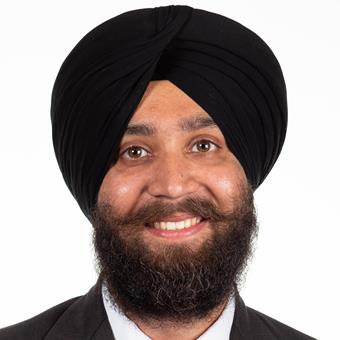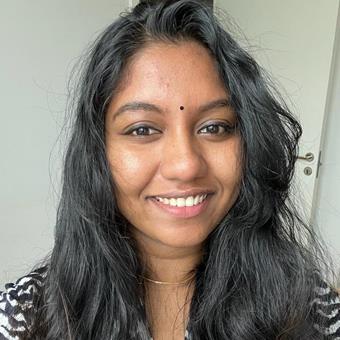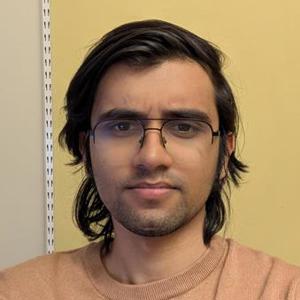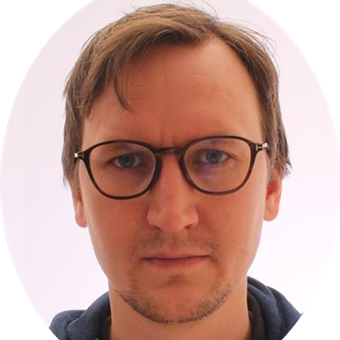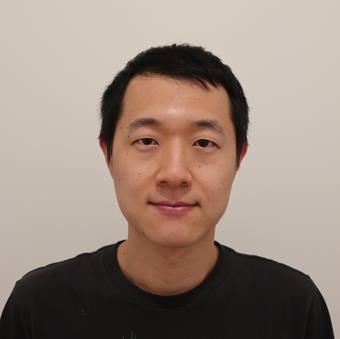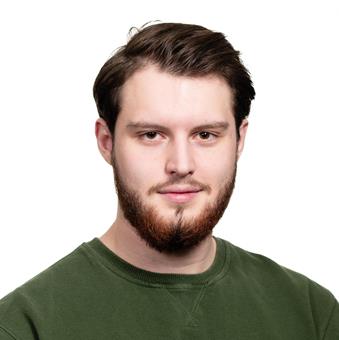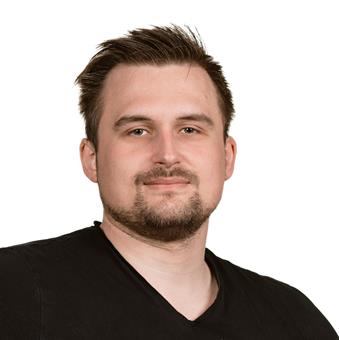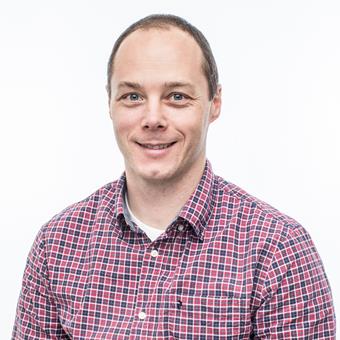Nikolaos Pappas received the B.Sc. degree in computer science, the B.Sc. degree in mathematics, the M.Sc. degree in computer science, and the Ph.D. degree in computer science from the University of Crete, Greece, in 2005, 2012, 2007, and 2012, respectively.
From 2005 to 2012, he was a graduate Research Assistant with the Telecommunications and Networks Laboratory, Institute of Computer Science, Foundation for Research and Technology, Hellas, and a Visiting Scholar with the Institute of Systems Research, University of Maryland at College Park, USA. From 2012 to 2014, he was a Post-Doctoral Researcher with the Department of Telecommunications, Supélec, France. From March 2014 to March 2016, he was a Marie Curie Fellow with Linköping University. Currently he is an Associate Professor and Docent at the Division for Database and Information Techniques (ADIT), Department of Computer and Information Science (IDA) where he is leading the Communications for Networked Intelligent Systems Group.
He is serving as Area Editor for the IEEE Open Journal of Communications Society, and Editor for the IEEE Transactions on Machine Learning in Communications and Networking and IEEE/KICS Journal of Communications and Networks. He is serving as an Expert Editor for invited papers for the IEEE Communications Letters. From 2013-2018 he was serving as an Editor for the IEEE Communications Letters. From 2018-2023 he was serving as an Editor for the IEEE Transactions on Communications. He is serving as a Guest editor/Leading guest editor in several IEEE Journals and Magazines.
Nikolaos Pappas appeared in the Top 2% scientists list, single year impact for 2020-2023, in the area of Networking and Telecommunications.
Research
Nikolaos Pappas main research deals with semantic wireless communications, age of information, network-level cooperative wireless networks, wireless energy harvesting networks, queueing theory, stochastic modelling and performance analysis, content caching, tactile internet, internet of things, and stochastic geometry. Furthermore, he is a voting member at the IEEE Working Group P1918.1 - Tactile Internet: Application Scenarios, Definitions and Terminology, Architecture, Functions, and Technical Assumptions.
Principal Investigator for the projects:
- "Semantics-Empowered Communication for Networked Intelligent Systems", Swedish Research Council (VR) (2022-2025)
- "Information Handling in Industrial IoT", ELLIIT (2021-2025)
- "Physical Layer Secrecy for IoT Networks with Heterogeneous Traffic", Swedish Research Council (VR) (2020-2022)
- "Low Latency Communications for Wireless Networks: Exploiting Traffic Characteristics", ZENITH (2018-2024)
Principal Investigator for LiU for the Horizon Europe projects:
- "ROBUST-6G - SmaRt, AutOmated, and ReliaBle SecUrity Service PlaTform for 6G", HORIZON-JU-SNS-2023-STREAM-B-01-04 - Reliable Services and Smart Security
- "SOVEREIGN - distributed ledger technologies and user-driven automation towards self-sovereign mobile data access in beyond 5G networks", HORIZON-MSCA-2022-SE-01
- "ELIXIRION - rEaLIzing healthcare 4.0 eXploIting the 6G netwoRk evolutION", HORIZON-MSCA-2022-DN-01-01
- "ETHER - sElf-evolving terrestrial/non-Terrestrial Hybrid nEtwoRks", HORIZON-JU-SNS-2022-STREAM-B-01-03 — Communication Infrastructure Technologies and Devices
More information on research activities:
Teaching
Courses
- Analysis of Communication Networks (Fall 2023)
- Age of Information (Advanced PhD-course) Spring 2023
- Statistical Learning (Advanced PhD-course) (Fall 2019)
- Network Virtualization (Advanced PhD-course) (February 2016)
- Self-Managed Networks (Advanced PhD-course) (September 2015)
Past courses
- TNK117 Data Analytics for Smart Cities
- TNK093 Mobile Communications
- TNK110 Mobile Communications and Networks
- TNK104 Applied Optimization I (Fall 2014 - 2018)
- TNK105 Applied Optimization II (Fall 2014 - 2018)


